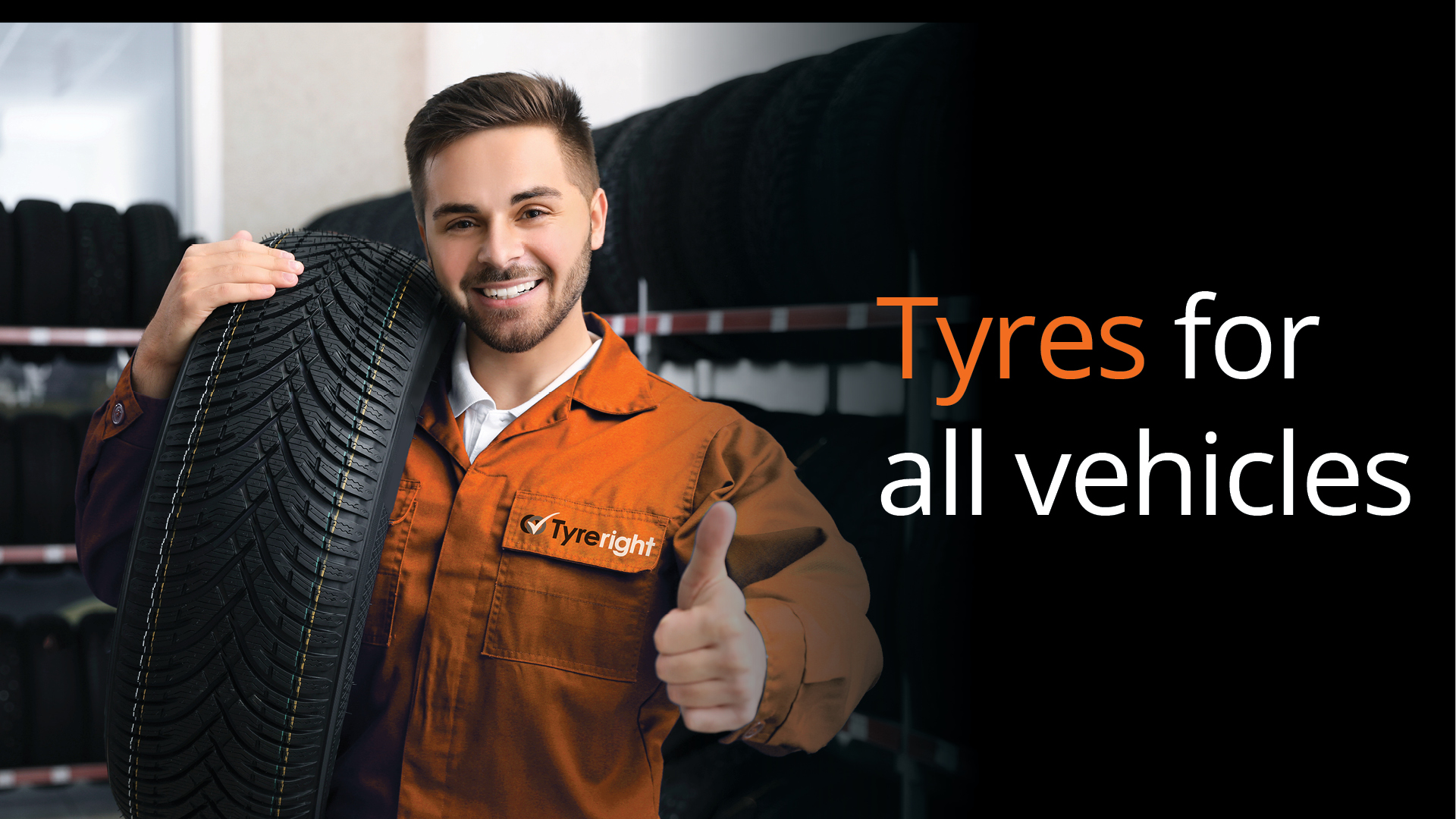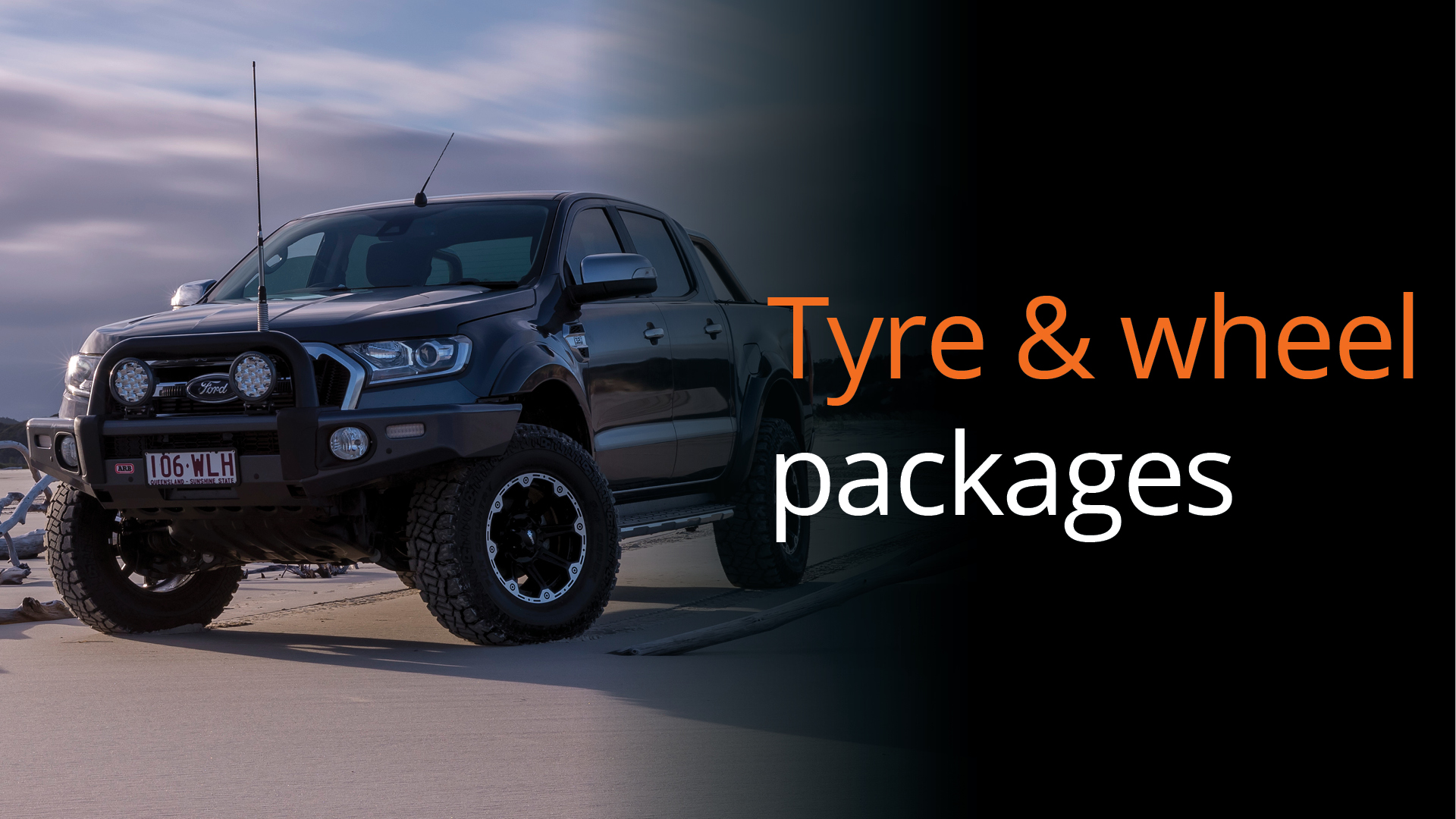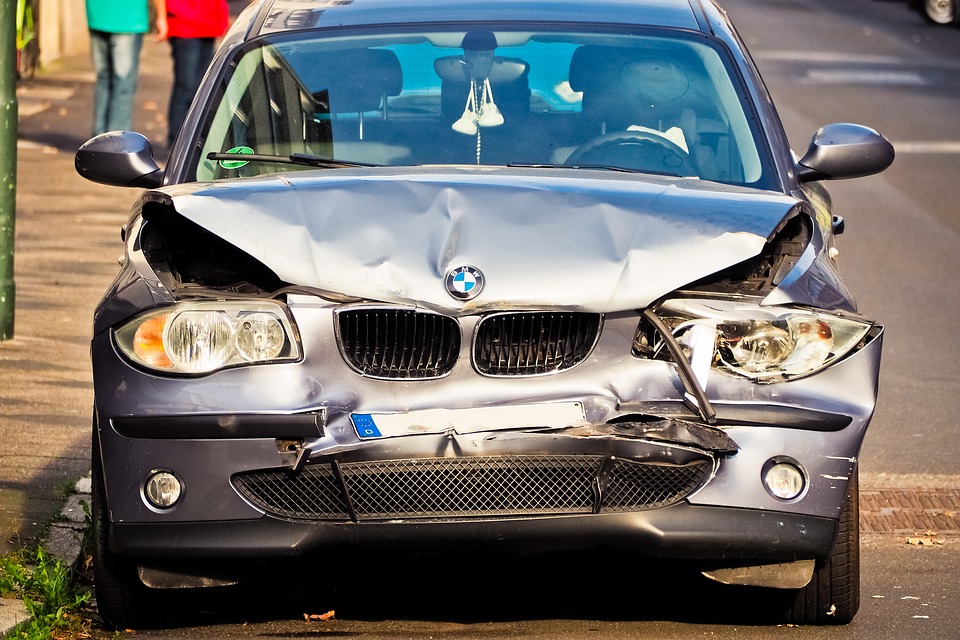Obviously, nobody likes the idea of having a car accident – it’s always a surefire way to ruin your day.
But beyond the most important priority of ensuring your health and safety following an accident, there are a number of questions you need to address and tasks you need to attend to in the aftermath. And some of these can impact the market value of your car.
Unfortunately, if your car has been involved in a serious accident, it can lead to a decrease in its resale value. But with the right understanding of how an accident can impact your car’s standing in the secondhand market and the best way to go about maintaining its value, you can minimise your losses.
Here’s a closer look at how a car accident can impact your car’s value.
Accidents are a fact of life. With over 19 million registered vehicles in Australia, there are a large number of cars on the roads, and accidents are always going to be a part of that. Ultimately, it’s rare to find a driver who hasn’t been involved in an accident over the course of their lifetime. The good news is that many of those are very minor bumps instead of big crashes.
Most used car buyers know that small fender-benders and the like just come with the territory. But large or small, if you’re selling a car that’s been in an accident, you need to take some extra steps when putting your car on the market.
Clearing the write-off hurdle
First of all, if you’re involved in a major crash, you may find the future of your car’s value is essentially at the mercy of your insurer and whether or not they deem it a write-off. The insurer may write it off if they decide that your car would be unsafe to drive or uneconomical to repair. If this is the case, then your ability to resell the vehicle can plummet. The best option in this instance is usually to just take the pay-out the insurer offers (for the agreed value of the car or the market rate).
Beyond your insurer, there can also be the red tape of navigating a statutory write-off or a repairable write-off. The former will see your vehicle consigned to the scrap yard; the latter means your vehicle could be repaired, but can only return to the road once that’s done.
If you have a really rare car – or are perhaps lucky enough to have a race car and just can’t be bothered to repair it after totaling it at the track – it’s possible you may find a willing buyer. But if you have a common car so damaged that the repair bill would run into the tens of thousands of dollars, it’s likely best to just cut your losses.
Your need to disclose
Laws can vary slightly across states and territories, but there are a couple of basic guidelines when it comes to selling your car. The first is that you cannot mislead potential buyers about the condition of the car when you put it up for sale. This doesn’t apply to marketing copy like ‘The best car for taking a long Sunday drive’, which may or may not be true. (This usually falls under the umbrella of the marketing term ‘puffery’, and is considered ok to do).
But if a car ad says ‘Used car in perfect condition, never been in an accident’ and it has actually been in a crash, that could spell big trouble for the seller. Although the principle of ‘buyer beware’ does apply to private sales – it’s really the responsibility of an individual to make the necessary enquiries to determine if the car is registered and roadworthy – buyers still have the right not to be deliberately misled or deceived.
If there has been a major incident – like a serious car accident that required rebuilding the body and replacing parts – then it’s wise to disclose that information when offering it for sale. You may find a buyer who doesn’t care about the issue, and if so, the disclosure becomes a moot point.
But if the buyer thought they were getting a used but accident-free vehicle and find out they were deceived, you may find they come looking for their money back.
A good rule of thumb, if you’re unsure of whether you need to disclose something, is to ask yourself if you’d want to know about the vehicle’s history if you were buying it.
Always have quality repairs
If you have a very minor fender-bender that only results in a broken taillight, you may feel totally fine with visiting your local auto shop for parts and making the repair yourself. But for anything major, it’s essential to go to a mechanic, not only because it’s a safety consideration, but also because doing so may provide you with some protection. Tyreright has a maintenance service if you need it looked at.
If you get the car fixed and then somehow the same issue comes up again in the future, you will have the service history for it and the onus will be on the mechanic to explain what went wrong or to repair it again. If you make the repairs yourself, you’ll have no such protection.
A valuable decision
If your car has been in an accident and you really need to sell it now, then taking a lower price for it may be the best option just to get out from under it. But if you’re simply pondering an upgrade to a new car, it may be best to put the idea on the back burner and wait a couple of years before looking to sell the car again.
This will give you more time to consider your options, or perhaps see changes in the market. And the older a car is, the less important its accident history will be, because it will likely have already depreciated due to age anyway.
But while it’s true that most cars will decline in value as they get older, there is a number that holds their value very steadily. And some vehicles even go up in value on the second-hand market as they become recognized as modern classics. So if you’re not getting the price you want for your vehicle right away, be patient and be ready to take the long view.
Need more advice?








